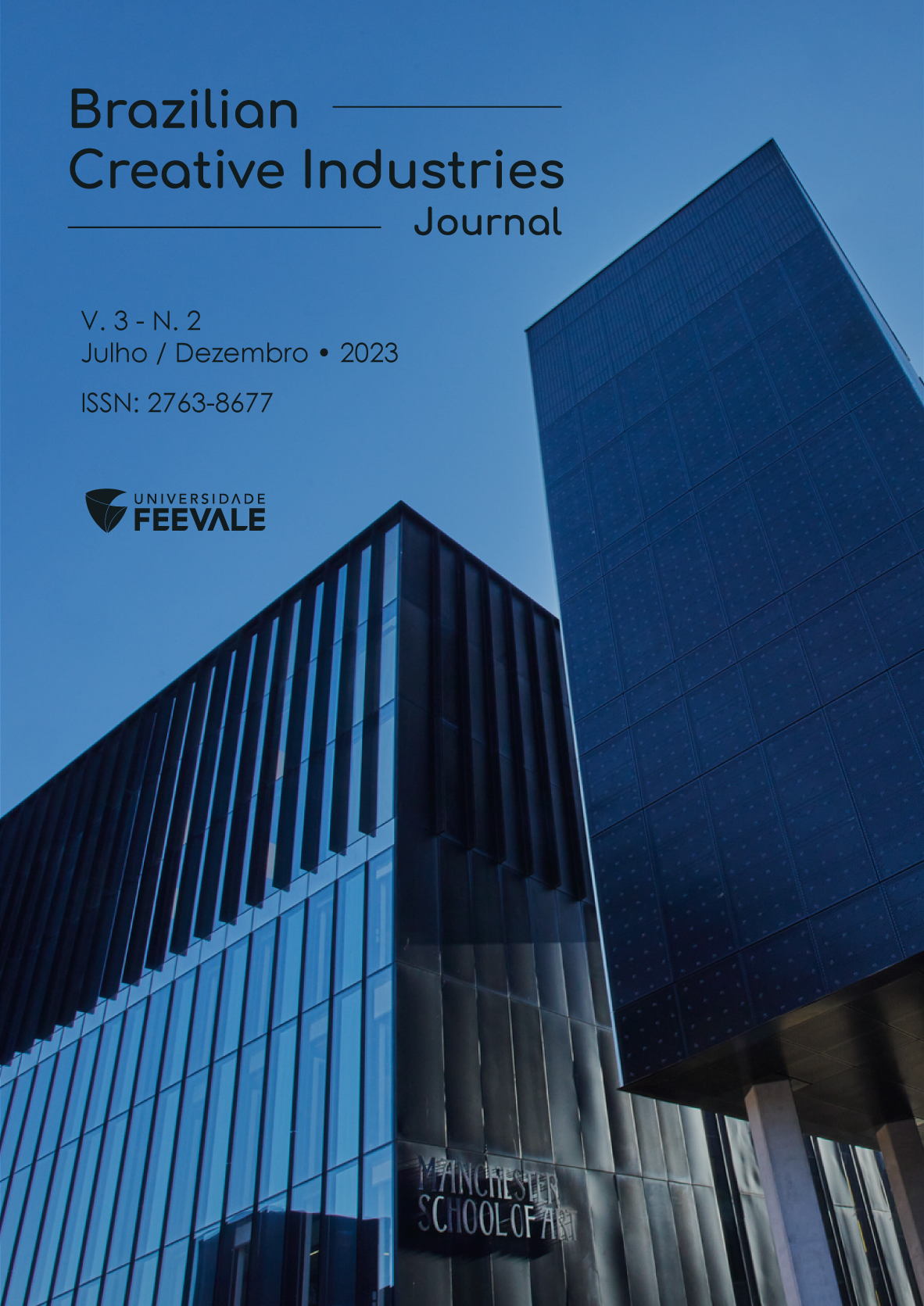UNDERSTANDING COLLABORATIVE DOCUMENTARY FILMMAKING PRACTICE AS A METHODOLOGY FOR EXPLORING PARTICIPANT PERSPECTIVES OF PLACE IN AREAS OF LOW SOCIAL MOBILITY
DOI:
https://doi.org/10.25112/bcij.v3i2.3543Resumo
Documentary filmmaking practitioners have long engaged with socio-political narratives within a given society, and whether as a tool for creative exploration, aesthetic engagement, an ethnographic methodology or to greater understand the form of the medium itself, documentary filmmaking practice has demanded increased recognition from within the academy during the 21st century. It is, however, only in more recent developments of thought that serious consideration has been given to documentary’s potential to engage collaboratively with participants in an active and meaningful manner. This paper aims to frame emerging trends in documentary filmmaking within the context of collaborative practice methods, establishing how such methods can be used to engage participants with creative explorations of the relationship between people, place and the socio-political.
Taking the phenomena of low levels of social mobility in the North Midlands (Social Mobility Commission, 2017) as a case study, I have been engaging with my own practice as a documentary maker to produce original filmic work with the aim of contributing towards debates currently taking place within the academic study of the medium. My research over recent years has attempted to interrogate the creative, theoretical, practical, and ethical challenges faced by the socially engaged documentarian producing work within the contemporary context of the field. Through examining my own ongoing research alongside that of others in the field, I propose that documentary filmmaking practice could, and perhaps should, re-align the focus and consideration of its impact to include participants, not just audiences, by engaging with methods of co-production and active collaboration. In doing so, practitioners can begin to engage with, and challenge, the established notion of an inherent imbalance of power within the participant/practitioner relationship (Nash, 2012), with the aim of moving towards a more meaningful collaborative engagement.
Downloads
Publicado
Como Citar
Licença
Copyright (c) 2023 Benjamin Green

Este trabalho está licenciado sob uma licença Creative Commons Attribution 4.0 International License.


